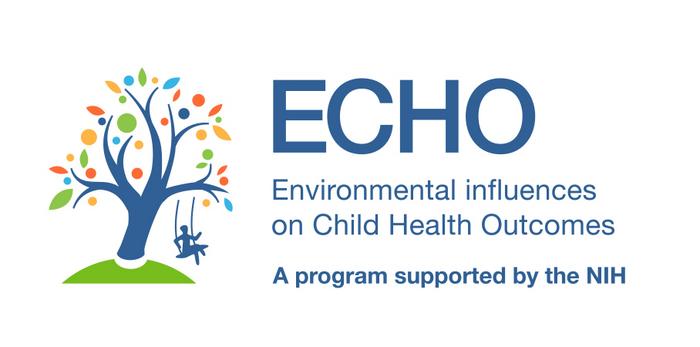Higher exposure to certain chemicals called phthalates is linked to an increased risk of pregnancy complications, including preeclampsia and eclampsia (PE/E) and other hypertensive or high blood pressure disorders, according to a study funded by the NIH Environmental influences on Child Health Outcomes program. Here are the key findings:

Credit: NIH/Environmental influences on Child Health Outcomes
Higher exposure to certain chemicals called phthalates is linked to an increased risk of pregnancy complications, including preeclampsia and eclampsia (PE/E) and other hypertensive or high blood pressure disorders, according to a study funded by the NIH Environmental influences on Child Health Outcomes program. Here are the key findings:
- Doubling the levels of a specific molecule linked to exposure to phthalates found in PVC plastics and insect repellents—mono (3-carboxypropyl) phthalate (MCPP)—increased the odds of developing PE/E by 12% and hypertensive disorders of pregnancy by 2%.
- Being exposed to higher levels of multiple phthalates increased the odds of PE/E by 27%.
- Doubling the levels of other molecules (like those related to exposure to phthalates found in some plastics and personal care products) increased the odds of developing PE/E by 8% to 11%.
These risks were generally higher in pregnancies involving female fetuses.
Read a research summary about this study here.
Journal
Environment International
Method of Research
Observational study
Subject of Research
People
Article Title
Urinary concentrations of phthalate metabolites in relation to preeclampsia and other hypertensive disorders of pregnancy in the environmental influences on child health outcomes (ECHO) program
Article Publication Date
31-May-2024



